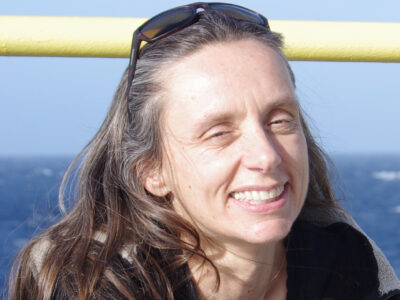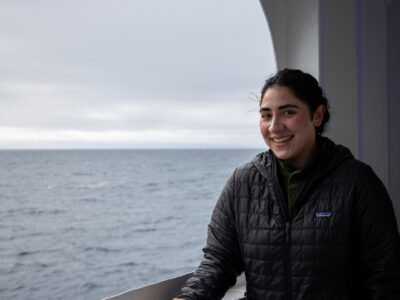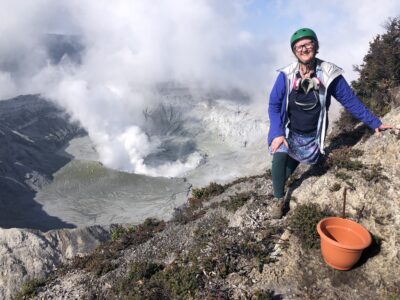
Normally, after a disaster like Hurricane Laura, atmospheric scientist Adam Sobel from the Lamont-Doherty Earth Observatory finds himself writing and commenting about what role climate change may have played. This time is different, the atmospheric scientist writes in an opinion piece published today on CNN.com.
[M]aybe, by talking just about things like sea surface temperature and tropical cyclone intensity and greenhouse gases and aerosols at these moments, scientists like me actually hinder the conversation we really should be having. That conversation is about climate, but first it’s about people.
Laura struck a region in Louisiana and East Texas that is a contender for the epicenter of climate injustice and environmental racism in the United States….
While the whole region is affected by these plagues, it is the poorest and darkest-skinned who have inevitably been hurt the most, while drawing the least profit from the industry that causes them all.
Sobel’s piece goes on to detail how pollution, racial segregation, and health and economic issues intertwine to make communities like these particularly vulnerable to the impacts of climate change — and why centering these social injustices is not only the moral thing to do, but it strengthens the climate movement.
Read the full piece on CNN.com.
Views and opinions expressed here are those of the authors, and do not necessarily reflect the official position of the Columbia Climate School, Earth Institute or Columbia University.



